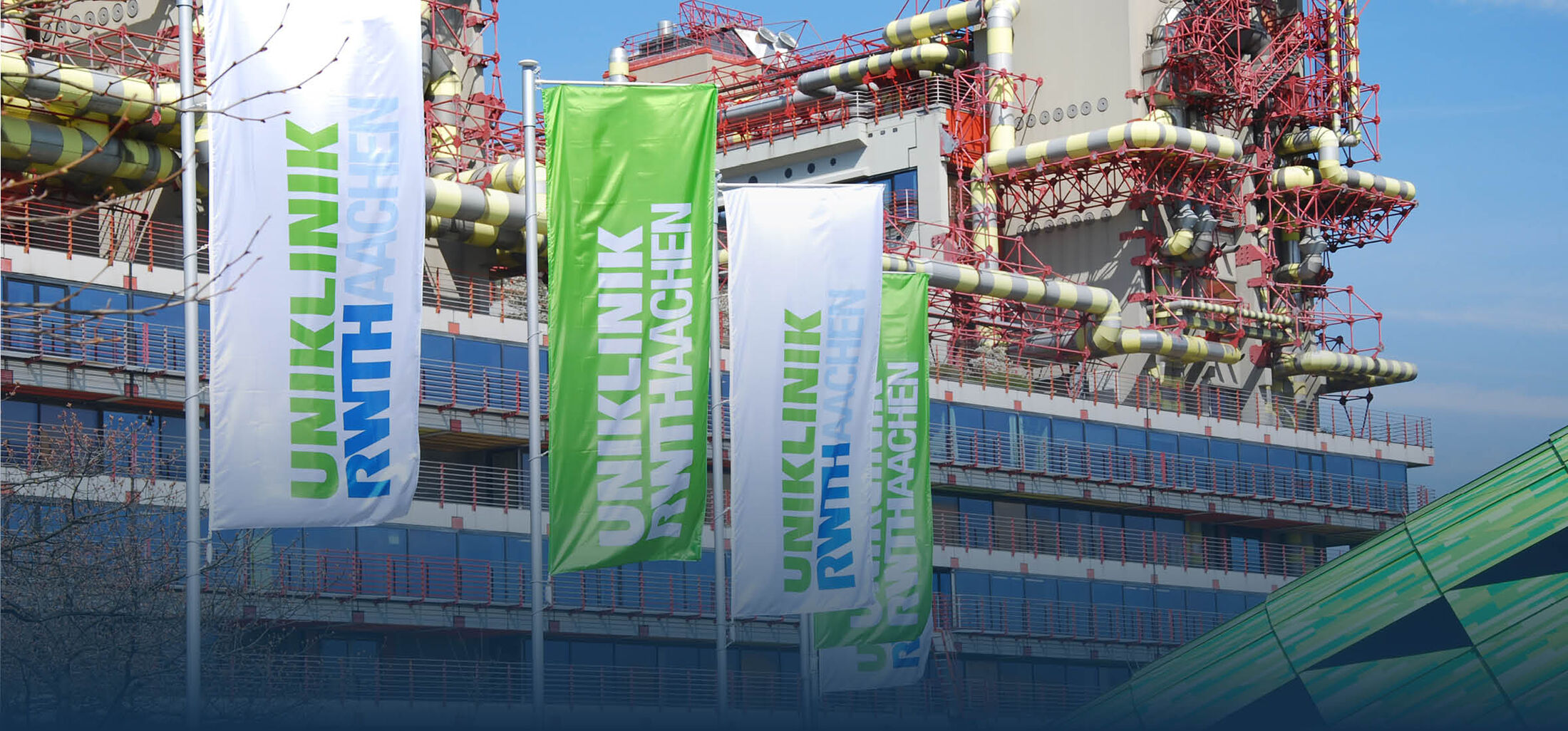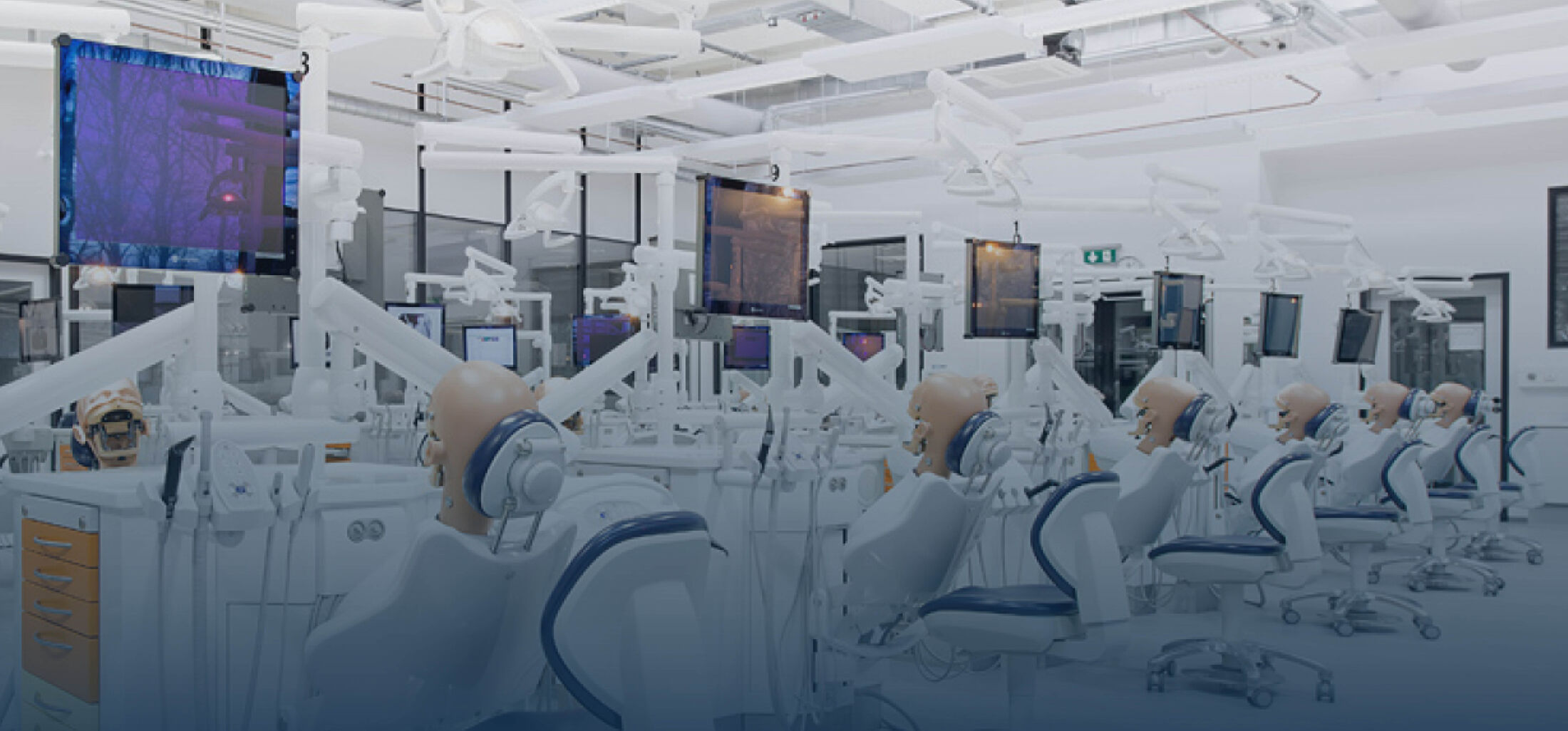Aachen – European city with a past and a future
Aachen has about 260,000 residents, is situated in Western Germany, in the middle of Europe’s centre. Belgium and the Netherlands are located in the immediate vicinity. Almost 40,000 students attend the colleges located around the city, and one of them being the renowned RWTH Aachen University. In Aachen tradition and advancement are combined in front of a European background. Historical and modern at the same time Emperor Charlemagne (in German Karl der Große) after whom the annually awarded "International Karlspreis zu Aachen" is named, left his marks.
At the end of the 8th century the monarch in Aachen created an intellectual, cultural and political centre of power - his personal metropolis. Just as Aachen's Old Town testifies to the historic past of Aachen. As the first cultural monument in Germany, the cathedral was included in the list of UNESCO's world heritage and 32 German kings celebrated their coronation in the Gothic Town Hall.
The region around Aachen is said to be a model for a successful change of structure: The transition from a region of mining and old industry to a significant high-tech location was achieved here. This success story is owed to the effective interaction of the city with the universities and chambers of commerce, research facilities, companies and foundation centres. The scientific competence available in Aachen led to the settlement of well-known international companies and research facilities. Today, Aachen is a modern and cosmopolitan metropolis whose political, economical and cultural contacts extend far beyond the national boundaries.
In the heart of Europe
The border triangle Germany - Belgium - the Netherlands influences daily life for the people there: They live, work, study and shop in three different countries all around Aachen. For more than 25 years the Euregio Maas-Rhein, a cooperation of the regions Aachen, Zuid-Limburg (the Netherlands), Limburg (Belgium), the Wallonia and the German speaking community (Belgium), stands for a friendly cooperation of its residents. Here Europe is truly lived.
The geographical location of the region at the interface of the large economical and industrial centres in North-West Europe benefits Aachen's development:
- Aachen has a good transport connection: German metropolises such as Cologne, Düsseldorf or also Frankfurt with their international airports in the vicinity are easy to reach. Amsterdam and Brussels are also not far away and they too offer worldwide air routes. Regional airports are the Lüttich Airport and the Maastricht-Aachen Airport.
- The European capitol Brussels is practically at our doorstep.
- It doesn't take more than 3 hours by train to reach Paris.
- Furthermore, the large seaports Antwerp and Rotterdam are nearby.
Multifaceted and cosmopolitan
Millions of visitors come to Aachen each year, many of them from neighbouring countries. But also guests from other European countries and from the USA visit the city. Aachen offers more than historical objects and places of interest. In the Old Town, restaurants and cafés invite you to take a break and observe the lively drive of the city. Visitors should definitely not miss out on trying the Aachener Printen, a spicy-sweet specialty with a long tradition. Many guests find their way to the city in order to participate in a large sports event. For example in 2006 the World Equestrian Games took place in the horse-loving city Aachen. Guests from all over the world are more than welcome in Aachen and enjoy the cosmopolitan atmosphere of the imperial city.








